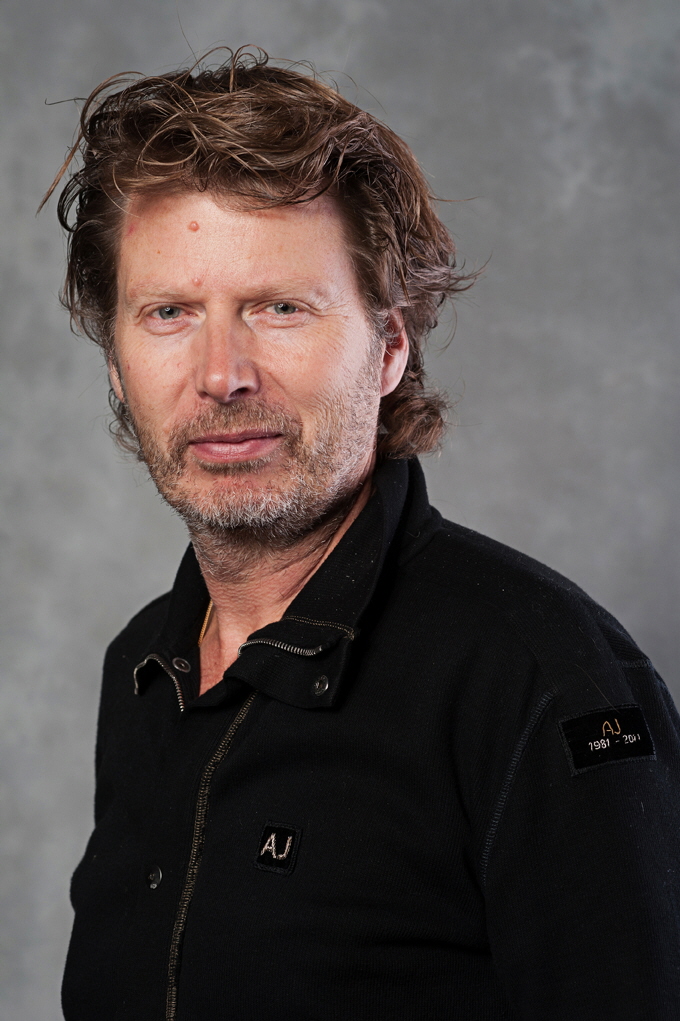Quality Technology and Management
In short time the research team of Quality Technology and Management at Mid Sweden University has become one of the largest units in Sweden within this field of research.
About
The first professor of Quality Technology and Management at Mid Sweden University was installed in 2001 and since then, the research team at Mid Sweden University has developed into an official academic and scientific unit. By means of a concerted strategic research plan, the unit now consists of 15 persons, of which a majority is currently involved in on-going research projects. This rapid growth has led to the establishment of one of the largest academic research units in Sweden within Quality Technology and Management.
Just like in the subject area of total quality management, the Quality Technology and Management research team also reflects the interdisciplinary nature of the field. The various backgrounds of the research team members include economics, engineering, and behavioural science. Together, these different perspectives offer an innovative platform for research in the area of Quality Technology and Management. It has also attracted a broad doctoral student base.
As the research team has grown, the focus within the team has also continued to evolve and expand. The common research theme shared by all members of the unit is the phenomenon of Quality Technology and Management. More specifically, the phenomenon of interest is Quality Management Systems in its various forms, such as Total Quality Management (TQM) or the popular concept of Lean Production or Toyota Production System (TPS). What characterizes those systems is that they are set in an organizational context with the aim to enable and support the successful learning and development of the organization based on various systematic reflective and organizing practices, as well as a strong focus on customer value.
Using their various backgrounds as a springboard to examine this phenomenon, the members of the research team have successfully conducted research related to customer value, organizational culture and leadership. They have also studied and developed specific methodologies and tools aimed to increase the ability of organizations to improve, learn and develop customer value more successfully in practice.
The research has been both theoretical and practical in its scope with the intent to contribute to the development of Quality Technology and Management as a scientific field of study, as well as helping businesses and society to develop. For example, the team has taken a leading role in advancing both the education and practice of the Lean Production Systems in northern Sweden. The team has also been successful in interacting with and adapting research to the needs of the many organizations in the region to help increase the impact tourism, sports, and outdoor companies have on society.
During its short history, the team has also developed an identity and track record as a driver in the field of Quality Technology and Management. Through its production of innovative research that provokes common assumptions and concepts in Quality Technology and Management, the team has contributed specifically to the areas of customer value, attractive quality, strength-based development, and the idea of values as a base for quality management.
Primary Mission and Vision
The growth of the research team and establishment of more senior researchers has led to a shared platform for future research which is the result of several strategic workshops. The phenomena of “Leadership for quality development”, “Organizational culture for quality development” and “Value Creation in quality development” were identified to serve as the umbrella under which we will continue to develop the research. These phenomena will be studied in relation to the context of modern quality management, in which processes such as “Lean Production” are paramount. We also plan to continue examining strength-based practices, such as Appreciative Inquiry, and questions related to internal and external customer value that we consider to be central to the field today.
As part of the research platform, the team has also identified three visionary elements that reflect a future state of the art, which will be used to guide the research and development of the unit:
- The team will develop and lead national and international networks
- The team will conduct research based on a shared, focused platform that is cutting edge and can attract external resources
- The team will contribute to tangible societal development.

